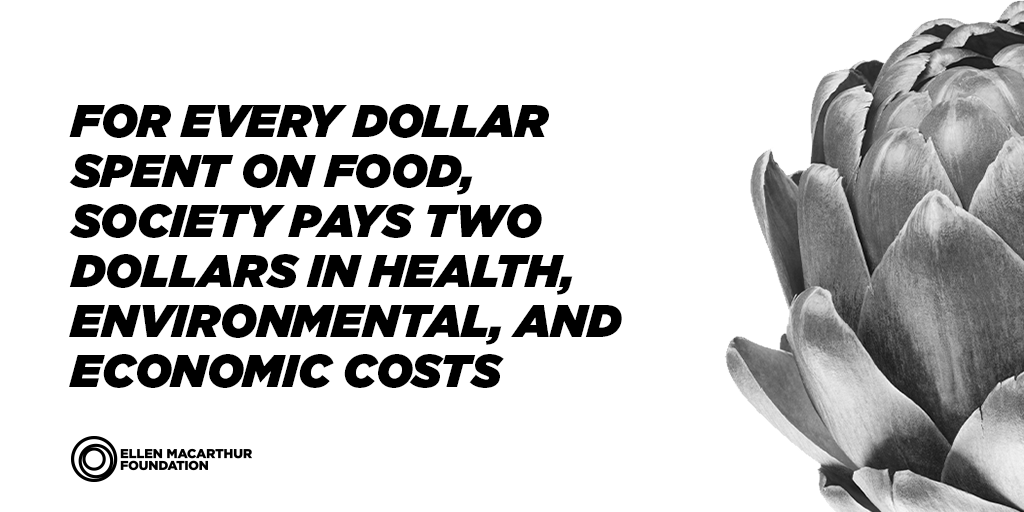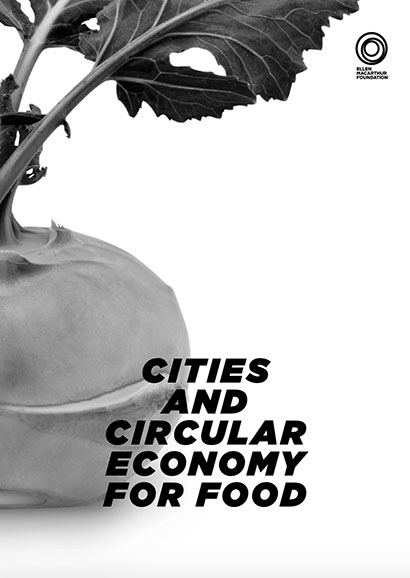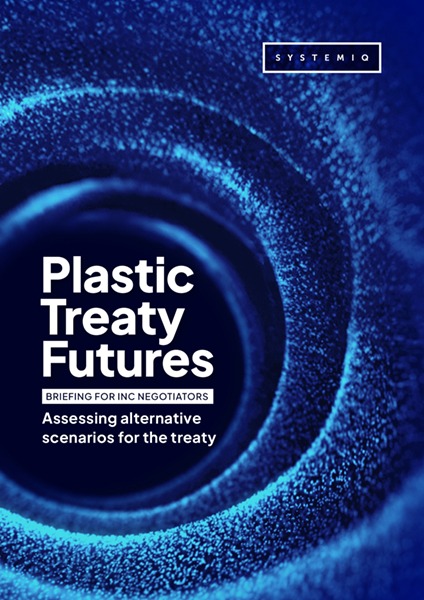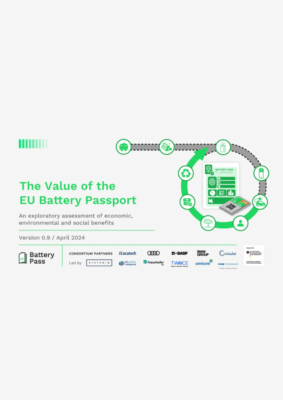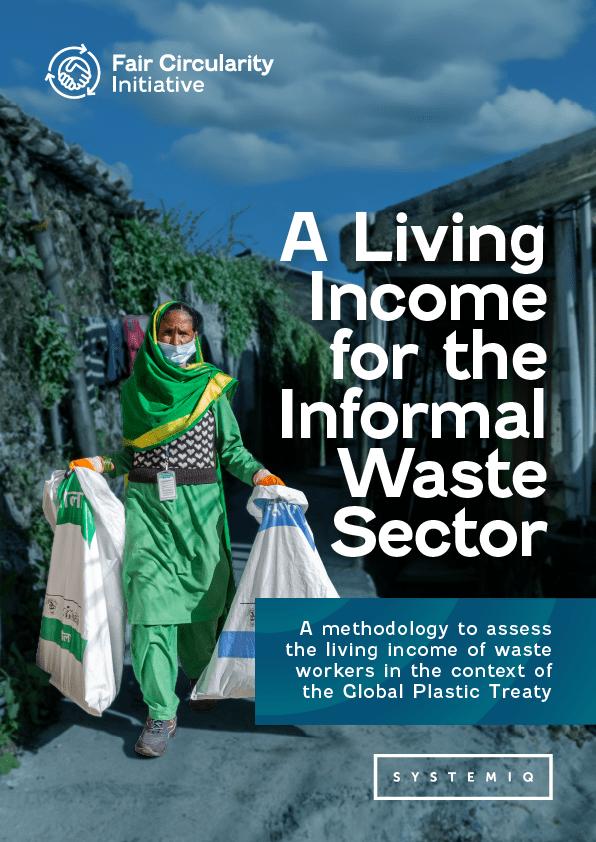- Air pollution, water contamination, pesticide exposure, and excessive use of antibiotics and fertilisers are making healthy eating impossible for people around the world
- By 2050, five million people a year could die due to industrial food production factors – twice the current number of people killed by obesity and four times the number of people killed in road traffic crashes globally
- New report from the Ellen MacArthur Foundation, with analytical support from SYSTEMIQ, sets out a circular economy redesign for the food industry: where food is grown in a way that regenerates natural resources and locally where relevant; waste is eliminated through better redistribution and by-product use; and healthy food is produced without the need for harmful practices
- 80% of food will be consumed in cities by 2050, meaning they hold the key to creating a healthy food system
Unhealthy Food Production Makes Healthy Eating Impossible
Hidden killers caused by food production are making healthy eating impossible for people around the world.
Excessive use of pesticides, antibiotics in livestock farming, and poor management of fertilisers, could lead to 5 million deaths a year globally by 2050, according to the report Cities and Circular Economy for Food . That is twice the current number of deaths caused by obesity and four times the number due to road traffic crashes.
The report, which launched at the World Economic Forum annual meeting in Davos on Thursday, January 24, 2019, highlights the enormous environmental damage caused by food production. Synthetic fertilisers, pesticides and mismanaged manure exacerbate air pollution and contaminate soils and water. Food production is currently responsible for almost a quarter of global greenhouse gas emissions.
Even when trying to make healthy food choices, consumers are at risk because of the way food has been produced. To ensure people around the globe can eat healthily, there is a need to not only consider what we eat, but how it is produced. The Ellen MacArthur Foundation sets out a vision for a new system where food is grown locally and in a way that regenerates natural resources, waste is eliminated through better redistribution and by-product use, and healthy food is produced without the need for harmful practices.
